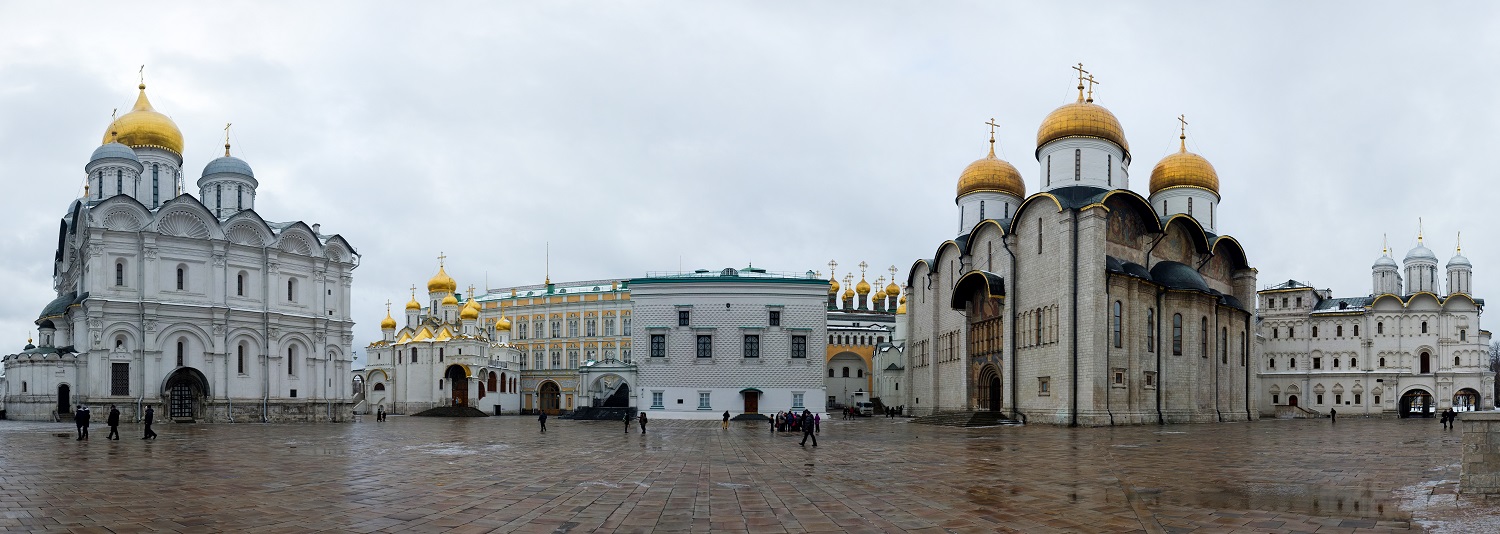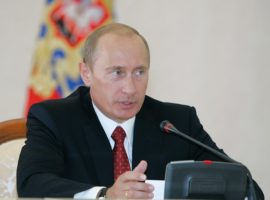Although Russia is a secular state with an atheist past, the regime favours the Russian Orthodox Church, which can mean problems for other denominations. Non-traditional Protestant churches are accused by the Russian Orthodox Church of stealing their members. Since 2011, several legal restrictions have shown a trend towards greater state control and more isolation from the West, which has affected denominations that are seen as “Western”. Meanwhile, in the Muslim-dominated Chechnya and Dagestan republics, converts to Christianity are considered traitors to their national identity. In July 2016, President Vladimir Putin signed into law what some commentators referred to as an “anti-missionary bill”. The Yarovaya Law was formally introduced as an “anti-terrorism” measure, allowing the government to monitor extremist groups. However, Russia’s Christians have also been affected, particularly missionaries, who need a permit, and “house churches”, which are now illegal, as religious activity is only allowed inside registered buildings. Maximum fines are $780 for individuals or $15,000 for organisations. In August 2016 American missionary Don Ossewaarde was fined $640 for holding a church service in his home. He took his case to Russia’s Supreme Court and then, in March 2017, to the European Court for Human Rights. (Photo: Fred Inklaar via Flickr; CC 2.0)
Russia considers amending ‘anti-missionary law’
Russia is considering amendments to what has been referred to as its “anti-missionary law“, which came into effect last summer and has since seen over 30 people charged with “offences”, including holding groups to study the Bible in homes or handing out New Testaments on a train. A Working Group […]
Russia: Church reacts as ‘anti-missionary bill’ becomes law
On 7 July, Russian President Vladimir Putin signed into law a bill referred to by one Christian organisation as an “anti-missionary bill”. The new law, known more commonly as the “Yarovaya” law (the name of one of its authors), which will come into effect on 20 July, was formally introduced […]
Russia approves ‘anti-missionary bill’
The upper chamber of the Russian Assembly has approved what is being referred to by one Christian organisation as an “anti-missionary bill”. ‘s Sergey Rakhuba says the the bill “prohibits missionary and evangelistic activity in residential areas of Russia and limits missionaries to acting only on behalf of registered religious […]
Roman, Russian patriarchs to meet in Cuba
The first-ever meeting of the Roman pontiff and the head of the Russian Orthodox Church is scheduled for 12 Feb. in Cuba, . that the subject of their conversation will be “persecution of Christians in the modern world”. Patriarch Kirill of Moscow and All Russia is the only patriarch of […]
Russian dissident and priest Yakunin dies at 80
We’re getting to this news a bit late owing to the holidays, but wanted to share that Rev. Gleb Yakunin, a priest who was famous for protesting against corruption within the Russian Orthodox Church and Soviet Union died in Moscow on 25 December. According to the New York Times, Yakunin, […]
Terrorist link to torched churches
Russia’s Tatarstan Republic is offering 1 million rubles ($30,000) for information relating to the recent torching of several Orthodox churches in the region. Four Orthodox churches were set on fire in the predominantly Muslim Republic in November and explosives were found in the city of Tuban Kama and the Aleksei […]

